Speaker Bios

Sarah Blagden is Professor of Experimental Oncology at the University of Oxford. She leads Oxford’s Cancer Trials Unit (OCTO) which is the UK’s first CRUK-accredited centre to specialise in conducting Precision Prevention and Early Cancer Detection studies. Sarah is a clinician-scientist and heads a research lab exploring RNA binding proteins and their role in cancer and precancer development. She is also founder of RNA Guardian, a company developing precancer biomarkers. Sarah originally trained as a doctor at Charing Cross and Westminster Medical School in London, did a PhD in fruit fly genetics at the University of Cambridge, and completed her oncology training at Addenbrooke’s and the Royal Marsden Hospitals. She was Director of the phase I trials unit at Imperial College London (2007-2015) before moving to the University of Oxford in 2015. Here, she directed their Early Phase Clinical Trials unit and is now head of OCTO. Ongoing OCTO Precision Prevention studies include MILI, testing metformin in adults with Li Fraumeni Syndrome, and LungVax which explores a vaccine designed by teams at UCL and Oxford to prevent non-small cell lung cancer. Sarah is PI/CI of multiple clinical trials, founder of LARP Society – a non-profit charity to support research in RNA biology and is a member of CRUK’s Prevention and Population Research Committee. Here she will be discussing the principles of the MILI study and the rationale for testing metformin as a cancer preventive in LFS.

Philip E. Castle, PhD, MPH is the Director of the Division of Cancer Prevention (DCP) and a Senior, Tenured Investigator in the Division of Cancer Epidemiology and Genetics (DCEG) at the U.S. National Cancer Institute (NCI) (Rockville, MD, USA). Previously, he was a Tenured Professor in the Department of Epidemiology and Population Health at Albert Einstein College of Medicine (Bronx, NY, USA) (2014-20), Chief Scientific Officer of the American Society for Clinical Pathology (ASCP) (2011-2), and Senior, Tenured Investigator (2010) and Tenure-Track Investigator (2003-10) in DCEG/NCI. Dr. Castle was a Cancer Prevention Fellow in DCP/NCI (1999-2002). Dr. Castle received a Ph.D. in Biophysics (1995) and MPH in Epidemiology (2000) from the Johns Hopkins University (Baltimore, MD, USA) and his BS in Biological Sciences from Carnegie-Mellon University (1986).

Dr. Chen has been serving as the Director of the Developmental Therapeutics Clinic (DTC) within the Division of Cancer Treatment and Diagnosis at the National Cancer Institute since 2014. Within the framework of the National Cancer Institute, DTC actively facilitates the exploration and advancement of novel anticancer drugs and drug targets, concurrently pioneering innovative clinical trial designs applicable to the development of molecularly targeted agents. Currently, DTC is investigating various combinations in rare tumors. Dr. Chen's dedication to the study of rare tumors and sarcoma has led to noteworthy contributions, such as the development of atezolizumab in alveolar soft part sarcoma and the initiation of various sarcoma trials within the Experimental Therapeutic Clinical Trial Network. The pivotal findings regarding the efficacy of atezolizumab in alveolar soft tissue sarcoma, as reported in the New England Journal of Medicine in 2023, resulted in the approval of atezolizumab for this specific indication. Her collaboration with the Pediatric Oncology Branch (POB) in this trial marked a significant milestone, representing the first approval of atezolizumab for pediatric patients. DTC ran the phase II trial of nirogacestat in desmoid which led to a phase III trial and ultimately FDA approval. She is the current primary investigator for an international study testing selumetinib in patients with plexiform neurofibromas (KOMET). Dr. Chen's contributions to drug development at the NCI have earned her 13 NIH/NCI Directors awards.
Martha Donoghue, MD is a board-certified pediatric oncologist and serves as the Associate Director for Pediatric Oncology and Rare Cancers in the FDA’s Oncology Center of Excellence, Office of the Commissioner and the Acting Associate Director for Pediatric Oncology in the Office of Oncologic Diseases, Center of Drug Evaluation and Research (CDER). In these roles, she oversees the implementation of pediatric regulations designed to facilitate the timely investigation of drugs and biological products for pediatric patients with cancer, supports and promotes consistency of regulatory work relating to pediatric oncology and rare cancer drug development across CDER and the Center for Biologics Evaluation and Research (CBER), and works with stakeholders to address challenges and foster development of drugs to treat pediatric and other rare cancers. Areas of special interest include the use of innovative clinical trial designs and use of real world data to optimize drug development for rare cancers. Prior to joining FDA in 2009, Dr. Donoghue completed a fellowship in Pediatric Hematology and Oncology at the Children’s National Medical Center after working for several years as a general pediatrician in private practice. She received her medical degree from Emory University and completed a residency in general pediatrics at the Georgetown University Medical Center.
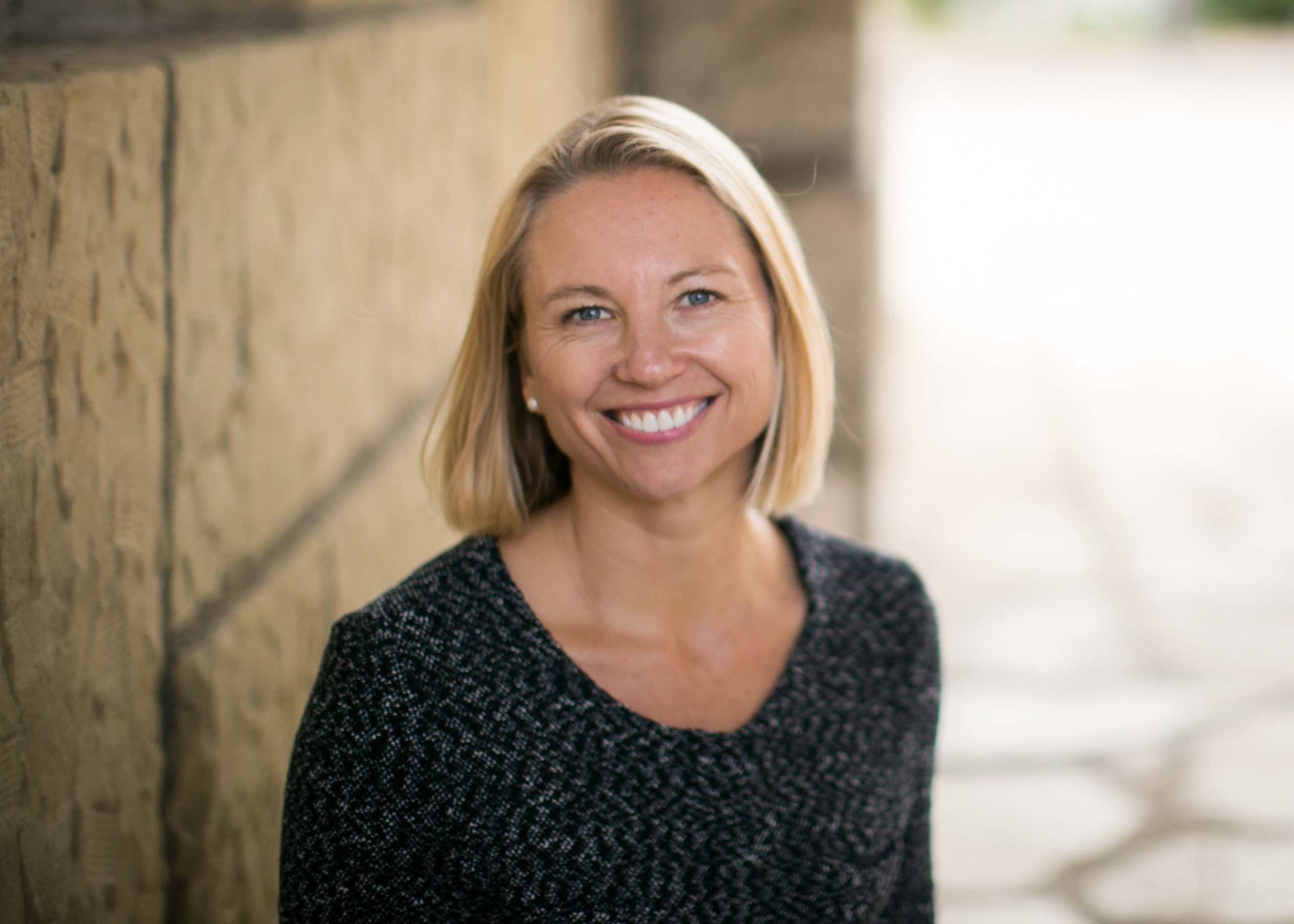
Dr. Ericson joined RRP as Executive Director in 2018, overseeing the organization’s overall strategy and leading all of RRP’s research programs. She brings a diverse set of experiences that span multiple sectors of the scientific and medical landscape. Most recently, she was a Director at Amgen within the Global Medical department. During her time there she worked in multiple therapeutic areas, primarily in Hematology/Oncology. She was part of both drug development and commercialization processes working on assets in early stage clinical trials and in life-cycle management. Prior to Amgen, Dr. Ericson was at the Prostate Cancer Foundation, where she managed their multi-million dollar scientific awards program.
Before joining PCF, Dr. Ericson completed her Ph.D. training at UCLA under the mentorship of Dr. Hanna Mikkola. Her thesis work focused on the hemogenic endothelium during embryonic development. Her research evaluated both the cellular and molecular factors that contribute to hematopoietic stem cell generation and expansion. Interestingly, she used mouse models that tracked the expression of the RUNX1 gene to identify the hemogenic endothelium.
Coming to the RUNX1 Research Program has brought her full circle. Her return to hematology has rekindled her passion for this area of research and offered an opportunity to partner with RUNX1-FPD patients directly. Dr. Ericson is devoted to building and sustaining a patient-engaged collaborative research network that will pave the way towards cancer interception and cancer prevention therapies.
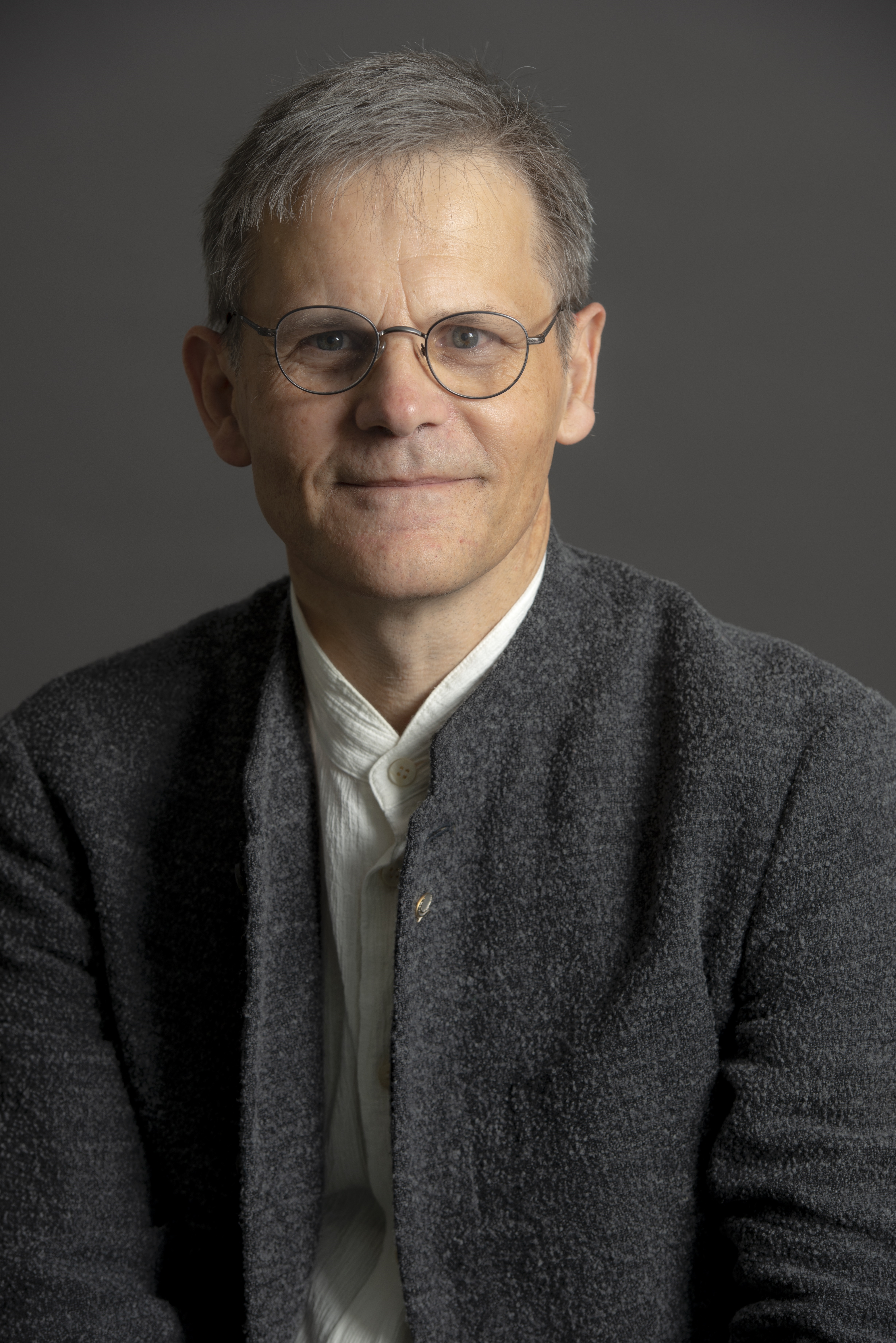
Dr. Foulkes is a graduate of the University of London where he obtained a BSc in Anatomy, a Bachelor of Medicine and Surgery and a PhD in Molecular Genetics. He came to McGill University in 1994 to complete post-doctoral studies in cancer genetics and stayed to establish himself as a McGill professor and a practicing cancer geneticist and principal investigator at two McGill affiliated hospitals and research institutes.
He is now a Distinguished James McGill Professor in the Departments of Medicine, Oncology and Human Genetics. He co-authored over 700 peer-reviewed manuscripts and received multiple awards. He is a fellow of the Canadian Academy of Health Sciences, the Royal College of Physicians, London, and the Royal Society of Canada. He recently received the Prix Wilder-Penfield of Quebec (2020) and the Dr. Chew Wei Memorial Prize in Cancer Research from the University of British Columbia (2022). He is Chair of Human Genetics at McGill and Director of Medical Genetics at both the Montreal Jewish General Hospital and the McGill University Health Centre.
Over three decades of research, he made unique contributions and discoveries in cancer genetics. He conducted studies that defined how to treat BRCA1-related cancers clinically, and his research team discovered and characterized several cancer predisposition founder mutations in Montreal populations. His research team is also known for its extensive work on genetic variations and phenotypes linked to DICER1 tumour predisposition syndrome and for the discovery that SMARCA4 is the causative factor in Small Cell Carcinoma of the Ovary, Hypercalcemic type.

Dr. Ghobrial is the Senior Vice President for Experimental Medicine, Director of the Center for Early Detection and Interception of Blood Cancers, Lavine Family Chair for Preventative Cancer Therapies, Co-Leader of the Lymphoma/Myeloma Cancer Center Program, Director of the Ghobrial Lab, and Professor of Medicine.
The focus of her research is early screening, identification of novel biomarkers of disease progression and the development of therapeutic interceptions in pre-malignant conditions. She leads translational studies to define genomic and immune mechanisms of disease progression from precursor myeloma as well as clinical trials to intercept disease progression.
Dr. Ghobrial earned her medical degree from Cairo University School of Medicine, Egypt. She completed her residency in Internal Medicine at Wayne State University, Michigan, and a Hematology/Oncology Fellowship at the Mayo Clinic College of Medicine, Minnesota, before joining Dana-Farber in 2004.
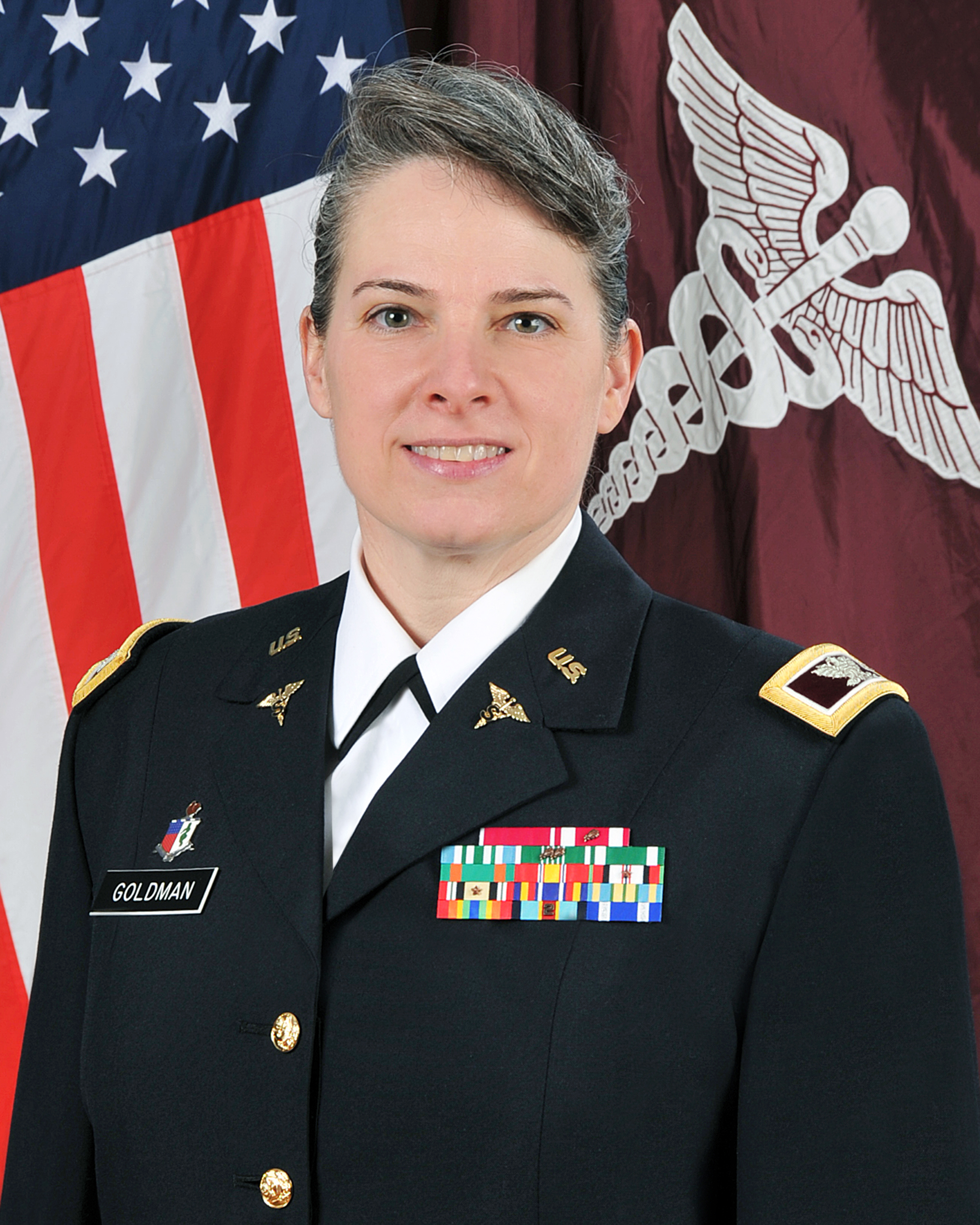
COL Sarah Goldman currently serves as the Director, Congressionally Directed Medical Research Programs, U.S. Army Medical Research and Development Command in Fort Detrick, MD. Her previous assignments include Commander of Public Health Activity – Italy; Director of Congressional Affairs at the Office of The Surgeon General in Falls Church, VA; Congressional Liaison for the Office of the Assistant Secretary of the Army (FM&C) where she supported Army Medicine activities involving the House and Senate Appropriations Committees; Deputy Director, Neurotrauma Research Program at the U.S. Army Medical Research and Materiel Command; Traumatic Brain Injury Program Director at the Office of the Surgeon General where she was appointed as a member of a NATO Technical Team; and Chief of Rehabilitation Research at the U.S. Army Research Institute of Environmental Medicine. In 2011, she deployed to Afghanistan as a member of the Health Service Support Assessment Team to review Traumatic Brain Injury care. From 2009-2010, she deployed to Balad, Iraq as a Senior Scientist with the Joint Combat Casualty Research Team. Her first 8 years of military service were with the U.S. Navy as a Division Officer at U.S. Naval Hospital – Yokosuka, Japan and as an Assistant Department Head at Naval Hospital Jacksonville prior to being selected for the Navy’s Long-Term Health Education Program. COL Goldman holds a Ph.D degree in Kinesiology from Indiana University and she received its Early Career Outstanding Alumni Award in 2015. She earned her Master’s degrees in Occupational Therapy from Washington University in St. Louis (1997) and in Strategic Studies from the U.S. Army War College (2017). Her military awards include the Legion of Merit, Meritorious Service Medal, Joint Service Commendation Medal, Army Commendation Medal, Navy and Marine Corps Commendation Medal, Navy and Marine Corps Achievement Medal, NATO Medal, and several service and campaign ribbons.

Dr. Andrea Gross is a board-certified pediatrician and pediatric oncologist who did her pediatric residency and chief residency at Cincinnati Children’s Hospital Medical Center. She completed a pediatric hematology/oncology fellowship at Children’s National Medical Center and is currently an Assistant Research Physician working in the Pediatric Oncology Branch at the National Cancer Institute (NCI) in the lab of Dr. Brigitte Widemann. Dr. Gross is the lead associate investigator on the phase 2 trial of selumetinib for patients with neurofibromatosis type 1 (NF1) and inoperable plexiform neurofibromas since 2015, which led to the first FDA approved medication for NF1 in 2020. Her research focuses on developing clinical trials for tumor predisposition syndromes and she co-leads the Advancing RAS/RASopathy Therapies Initiative at the NCI.
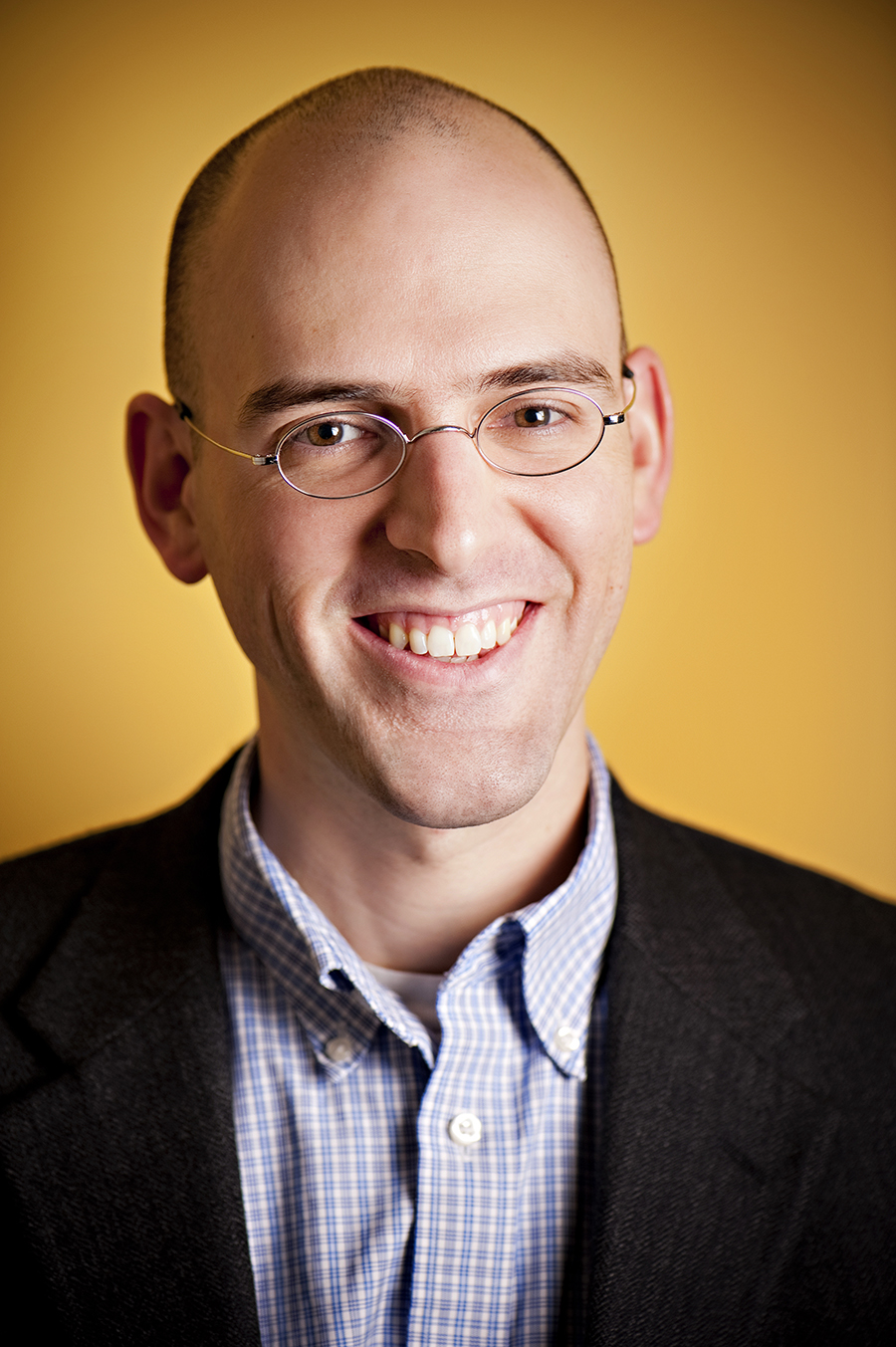
Kevin B. Jones
Professor, Department of Orthopaedics and Oncological Sciences
University of Utah
Huntsman Cancer Institute
Kevin studied English literature at Harvard and medicine at Johns Hopkins. After training in orthopaedic surgery at the University of Iowa and in surgical musculoskeletal oncology at the University of Toronto, he came to the University of Utah Department of Orthopaedics as a faculty surgeon. In parallel to his surgical practice providing care for pediatric and adult bone and soft-tissue sarcomas, five years of mentored scientific training with Mario Capecchi led to the establishment of Dr. Jones’ independent laboratory at Huntsman Cancer Institute. His National Cancer Institute-funded laboratory studies the epigenetics of transcriptional regulation in sarcoma, using mouse genetic models of sarcomagenesis. He holds the L. B. and Olive S. Young Presidential Endowed Chair for Cancer Research and is a Professor with tenure in the Department of Orthopaedics, as well as an Adjunct Professor in the Department of Oncological Sciences.
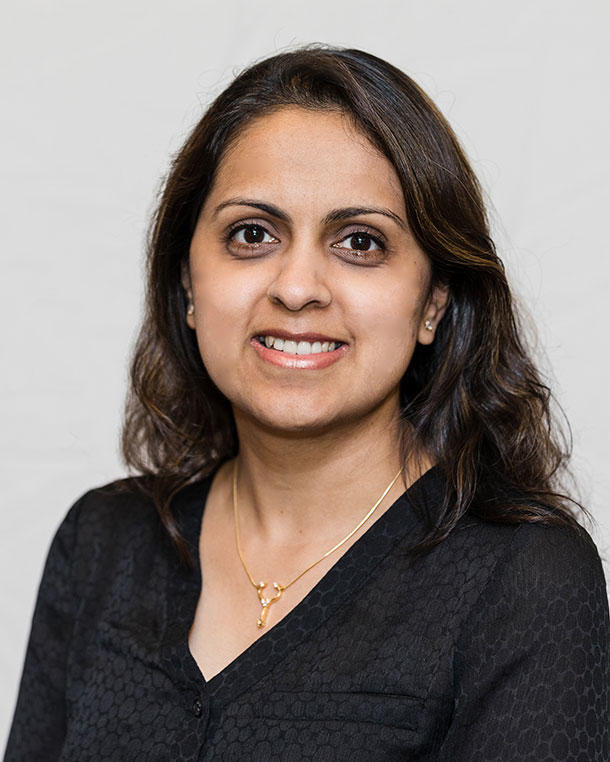
Dr. Khincha is a Lasker Clinical Research Scholar and a physician-scientist. Dr. Khincha's research program combines clinical, epidemiologic, genetic and psychosocial/biobehavioral research in understanding the etiology and improving the lives of individuals and families affected by inherited cancer predisposition syndromes. Dr. Khincha is an internationally recognized expert in Li-Fraumeni syndrome (LFS), a cancer predisposition disorder caused primarily by germline TP53 variants, and it the Principal Investigator of the NCI's longitudinal LFS family study. Her work in LFS has included characterization of cancer risk and pattern, developing effective screening programs for LFS, premier work in understanding the impact on individuals and families, and developing innovative strategies for cancer prevention in LFS. Her prior work in inherited bone marrows failure syndromes includes novel causative gene discovery, describing unknown phenotypes of disease, evaluating diagnostic techniques and describing therapeutic effects. Dr. Khincha is part of the Steering Committee of the Li-Fraumeni Research Exploration consortium (LiFE) and is a PI of the Early Detection in Syndromic Neoplasm (EDISYN) consortium, which seeks to develop technologies for liquid biopsy cancer screening in cancer predisposition syndromes including LFS.
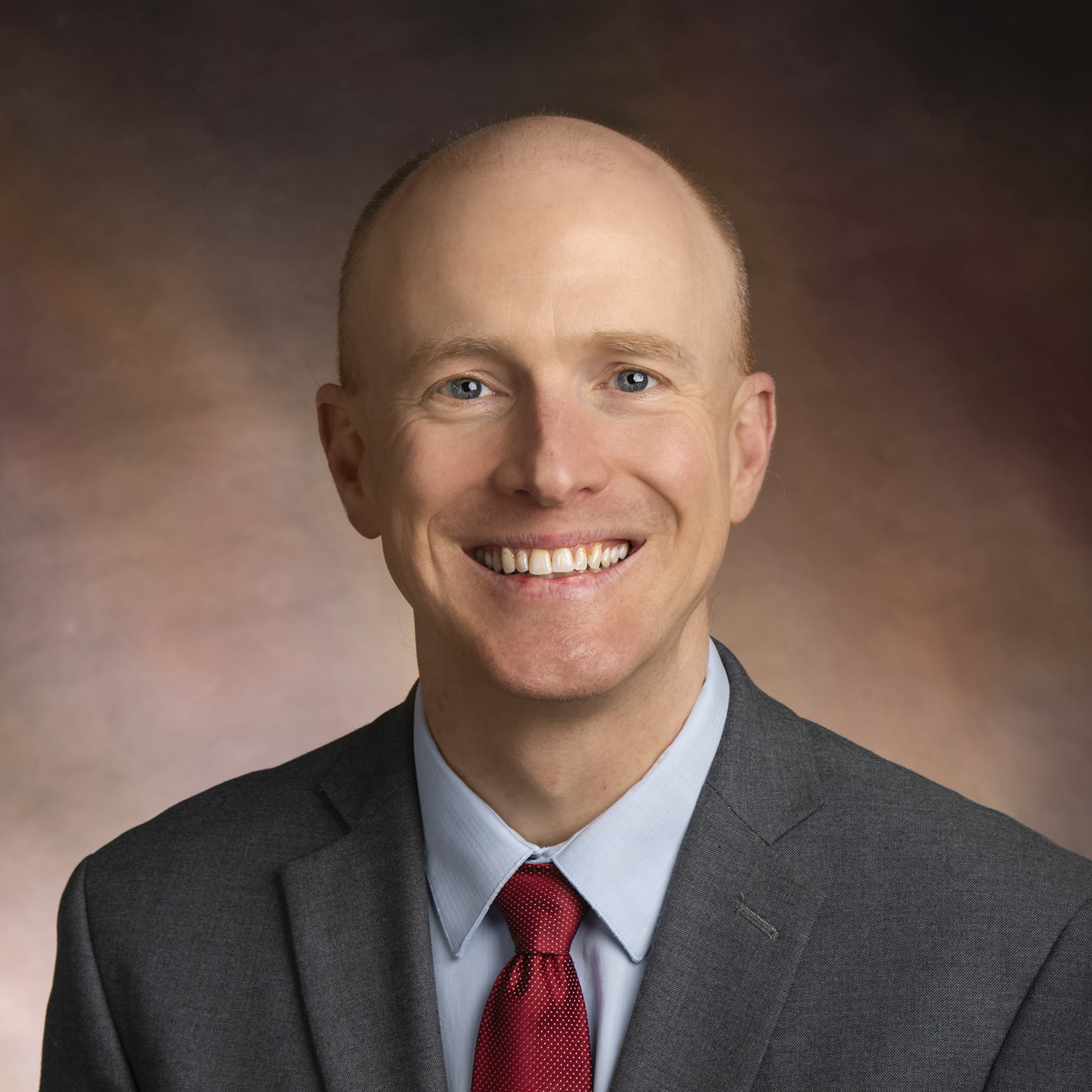
Dr. Laetsch is a pediatric oncologist and Associate Professor of Pediatrics at the University of Pennsylvania, chair of the Rare Tumors Committee for the Children’s Oncology Group (COG), and director of the Developmental Therapeutics and Very Rare Malignant Tumors Programs at the Children’s Hospital of Philadelphia (CHOP). He received his MD degree from the University of California, San Francisco. Dr. Laetsch completed his pediatrics residency at the University of Colorado/Children’s Hospital Colorado and fellowship training in pediatric hematology/oncology at CHOP. His research interests include the molecular genetics of and molecularly targeted therapies for rare pediatric cancers and sarcomas.

Dr. Largaespada focuses on genetics, gene modification, and tumor biology. His group developed methods for forward genetic screening for tumor development and metastasis in mice using the Sleeping Beauty transposon. Using this method, they’ve identified new genes and genetic pathways that cause osteosarcoma, peripheral nerve sheath tumors, brain tumors, and other tumors. His lab is also using small molecule and genetic screens to find selective drug sensitivity or synthetic lethal relationships with loss of tumor suppressors. A special focus of the lab is the cancer predisposition syndrome, Neurofibromatosis Type 1. He is a Professor in the Department of Pediatrics and co-director of both the Brain Tumor Program and Center for Genome Engineering at the University of Minnesota, where he holds the Hedberg Family/Children’s Cancer Research Fund Chair in Brain Tumor Research. Dr. Largaespada has co-founded four biotechnology companies. He was awarded the American Cancer Society Research Professor Award in 2013.
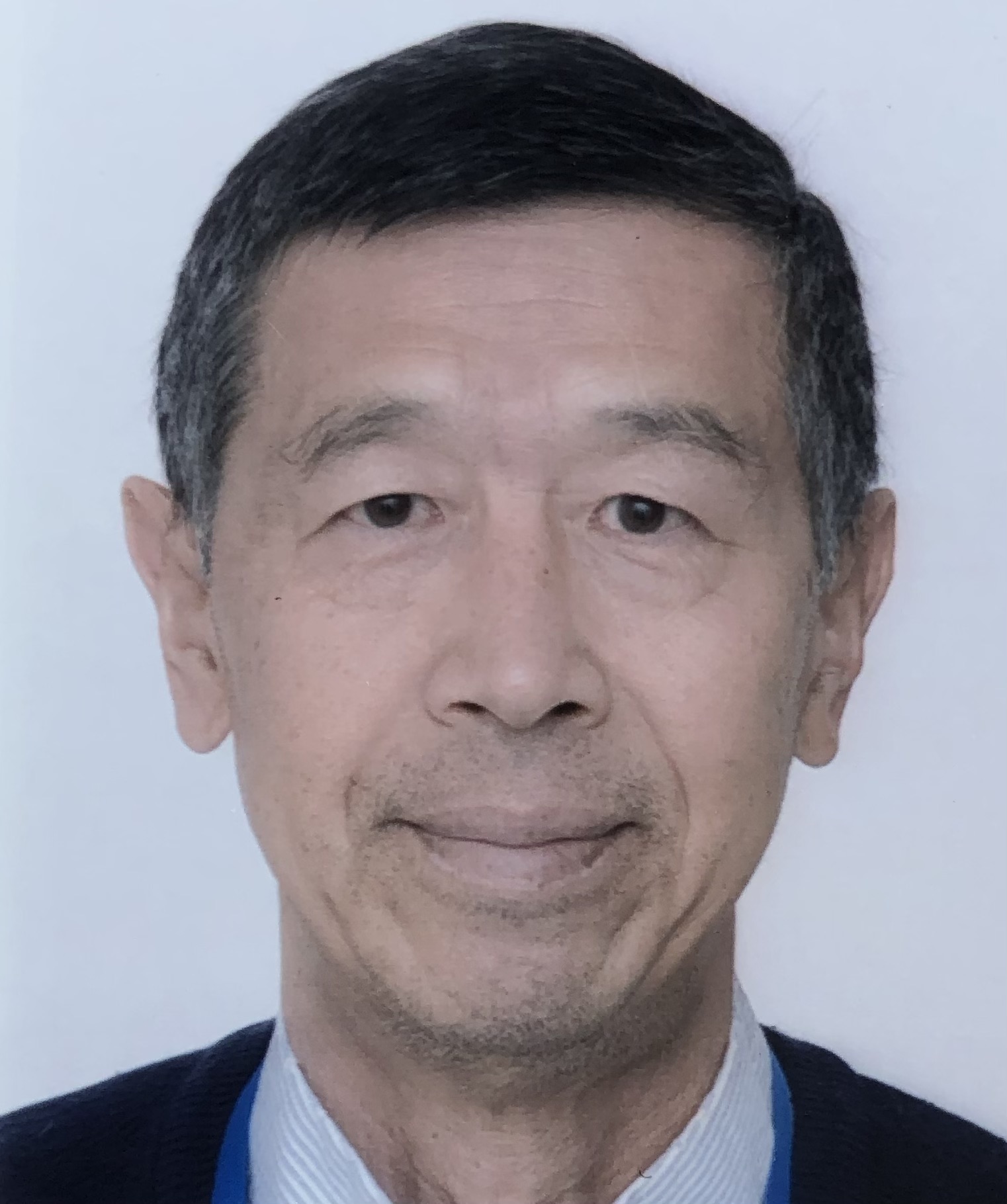
Dr. Liu obtained his medical degree from Capital Medical University and residency training in Internal Medicine in Peking Union Medical College Hospital in Beijing, China. He earned his PhD in from the University of Texas M.D. Anderson Cancer Center, and he did his postdoc training in the University of Michigan. Dr. Paul Liu is a tenured Senior Investigator and the Head of the Oncogenesis and Development Section in the National Human Genome Research Institute, NIH, in Bethesda, MD. Dr. Liu’s laboratory investigates the molecular mechanisms of leukemia, especially for those involving CBFB and RUNX1. Dr. Liu cloned the breakpoints of chromosome 16 inversion, a common chromosome abnormality in acute myeloid leukemia, and identified the molecular consequence of the inversion as the generation of a fusion gene, CBFB-MYH11. Dr. Liu’s lab uses genetic and genomic approaches, as well as mouse, zebrafish, and human iPSC models for their research. More recently, Dr. Liu established a natural history study of patients with a genetic disease called familial platelet disorder (FPD), which is caused by germline mutations in RUNX1. The first such study of this disease, Dr. Liu and his team are following the largest cohort of FPD patients in the world, performing deep phenotyping and extensive genomic studies to understand the mechanisms of disease progression. In addition to running his own lab, Dr. Liu plays active leadership roles at NHGRI and NIH, serving as the Deputy Scientific Director of NHGRI, and as members on many key committees. Dr. Liu has published over 160 papers, and he has been recognized by several awards. He is an elected member of American Society of Clinical Investigation and Association of American Physicians, and he is an elected fellow of the American Association for the Advancement of Science (AAAS).
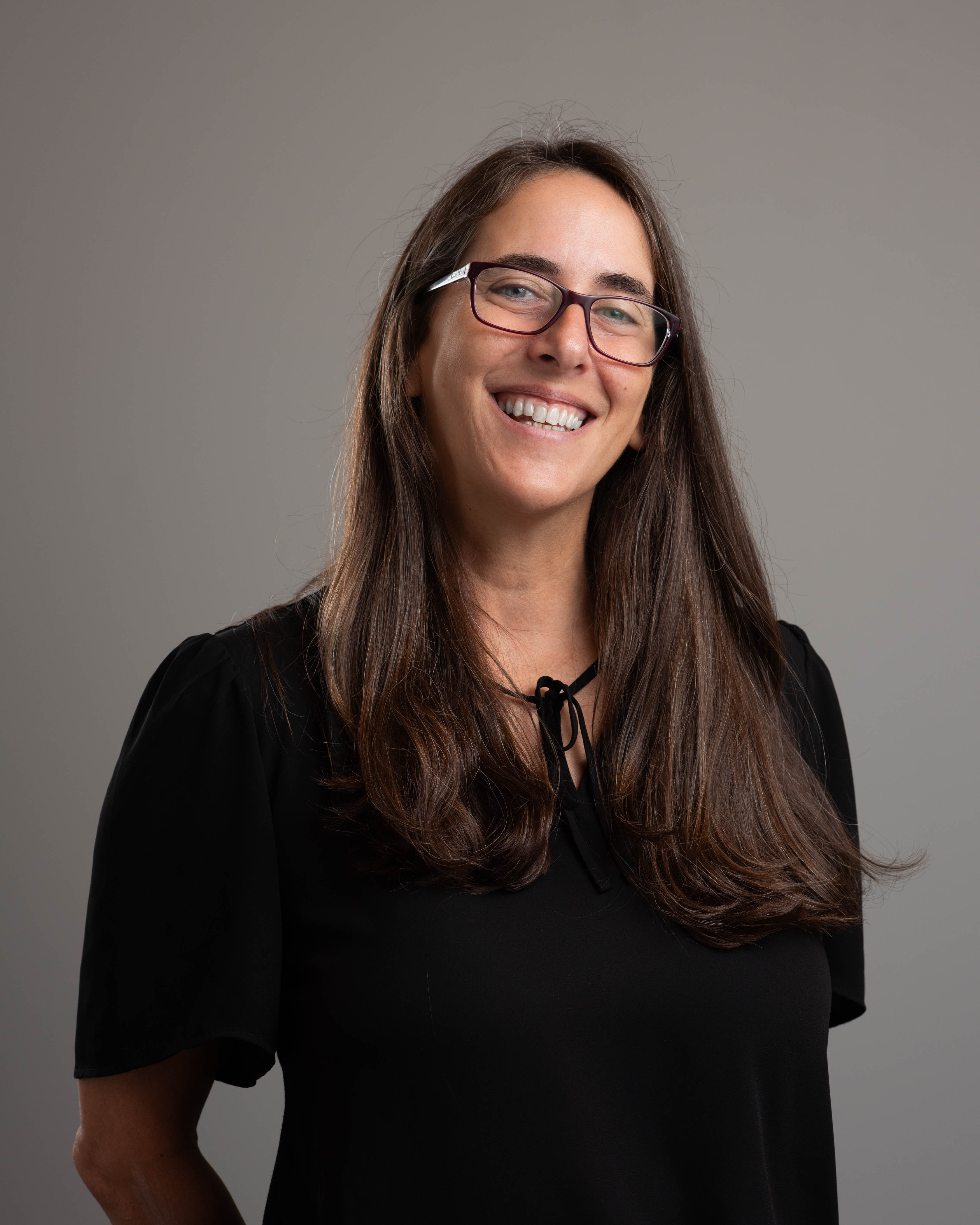
Painter serves as the VP of External Research & Partnerships at Precede Biosciences, an early-stage liquid biopsy company. She spearheads research and collaborations aimed at optimizing a groundbreaking liquid biopsy technology, which analyzes circulating chromatin from plasma to enhance patient outcomes. Painter is the former Deputy Director and remains a Strategic Advisor to Count Me In, a patient-partnered genomics initiative of the Broad Institute of MIT and Harvard. In this role, Painter advises on strategies to develop resources needed to drive discovery in rare cancers. A trained research scientist with a Ph.D. in biochemistry, Painter co-developed and oversaw the creation of a nation-wide clinico-genomics data platform built in lockstep with the community of cancer patients reflected in each study. Painter is deeply committed to patient advocacy, co-founding and presiding over Angiosarcoma Awareness, an organization dedicated to promoting research and awareness surrounding this disease.
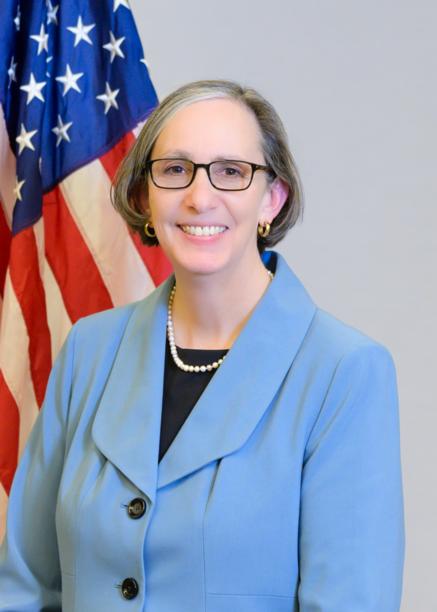
W. Kimryn Rathmell, M.D., Ph.D., M.M.H.C., was sworn in as the 17th NCI director on December 18, 2023. She previously led the Vanderbilt University Medical Center as physician-in-chief and chair of the Department of Medicine.
Dr. Rathmell is a recipient of the 2019 Louisa Nelson Award for Women of Achievement, Vision, and Inspiration, the 2019 Eugene P. Schonfeld Award from the Kidney Cancer Association, and the Paragon Award for Research Excellence from the Doris Duke Foundation. She was a leader of The Cancer Genome Atlas’s (TCGA) kidney cancer projects and served as a TCGA analysis working group member across the spectrum of cancers, winning the 2020 American Association for Cancer Research Team Science Award. She has served on the NCI Board of Scientific Advisors, and the Forbeck Foundation Scientific Advisory Board.
Dr. Rathmell’s specialty is the research and treatment of complex and hereditary kidney cancers. She also focuses on underlying drivers of kidney cancers using genetic, molecular, and cell biology to develop interventions to improve patients’ lives. Dr. Rathmell’s research has resulted in more than 250 articles in leading peer-reviewed journals, including The New England Journal of Medicine, Nature, Proceedings of the National Academy of Sciences, and the Journal of Clinical Investigation.
Dr. Rathmell earned undergraduate degrees in biology and chemistry from the University of Northern Iowa and her Ph.D. in biophysics and M.D. from Stanford University. She completed an internal medicine internship at the University of Chicago and an internal medicine residency, medical oncology fellowship, and postdoctoral studies at the University of Pennsylvania. In 2022, she completed her Master of Management in Health Care from the Vanderbilt University Owen Graduate School of Management.
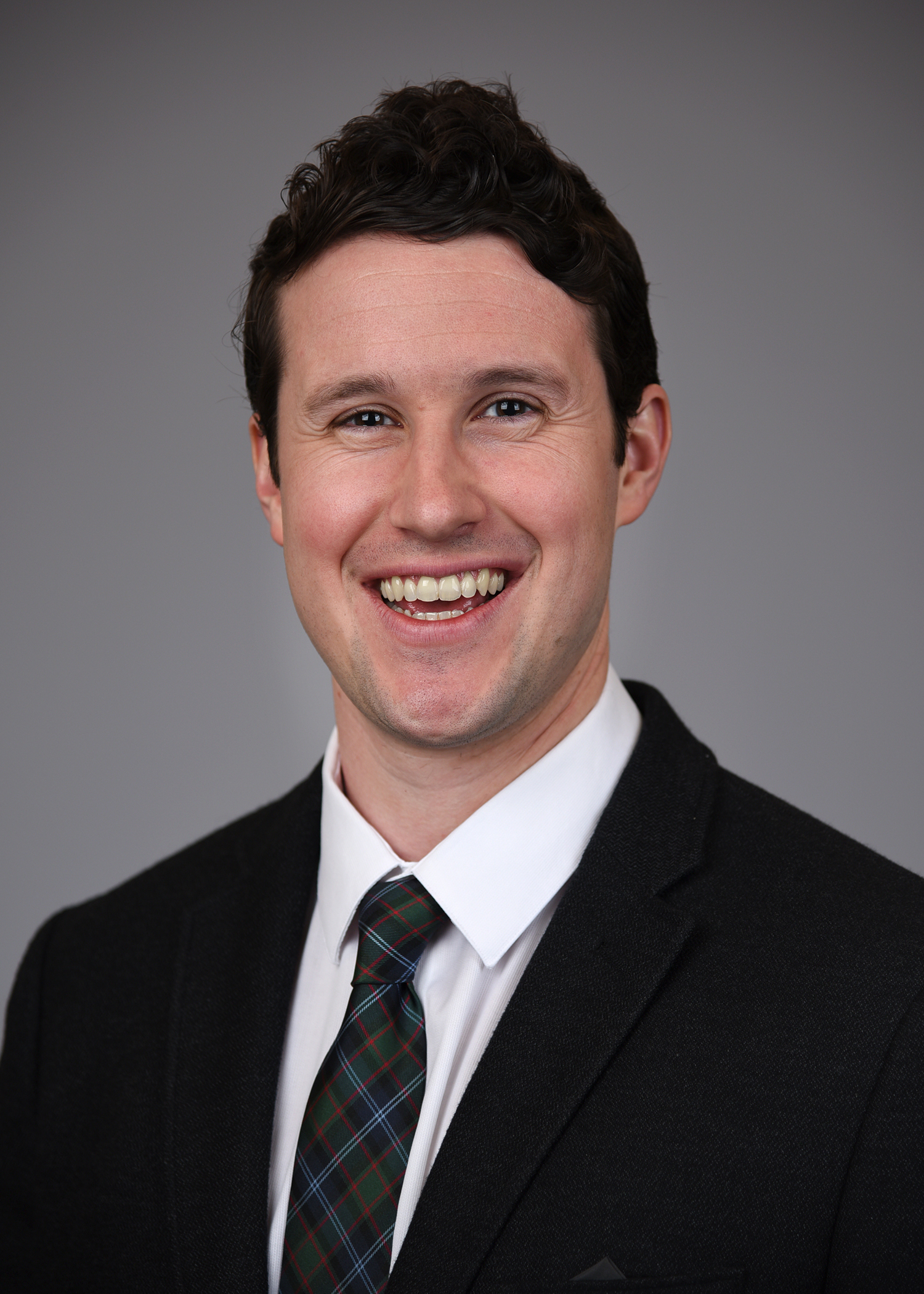
Dr. Steven Rhodes is an Assistant Professor of Pediatrics at the Indiana University School of Medicine where he Co-Directs the Neurofibromatosis (NF) Multidisciplinary Program at the IU Simon Comprehensive Cancer Center. His research focuses on dissecting the cellular and molecular mechanisms that govern the transformation of plexiform and atypical neurofibromas into malignant peripheral nerve sheath tumors (MPNST) – a devastating form of sarcoma that is the primary cause of premature death in individuals with NF1. Utilizing a systems biology approach, the Rhodes lab leverages patient samples and genetically engineered mouse models to study how interactions between tumorigenic Schwann cells and the immune system dictate tumor evolution along the neurofibroma to MPNST continuum. Additionally, Dr. Rhodes serves as the Site Principal Investigator for Indiana University within the Neurofibromatosis Clinical Trial Consortium and is actively involved in multiple NF1 and NF2 focused clinical trials.
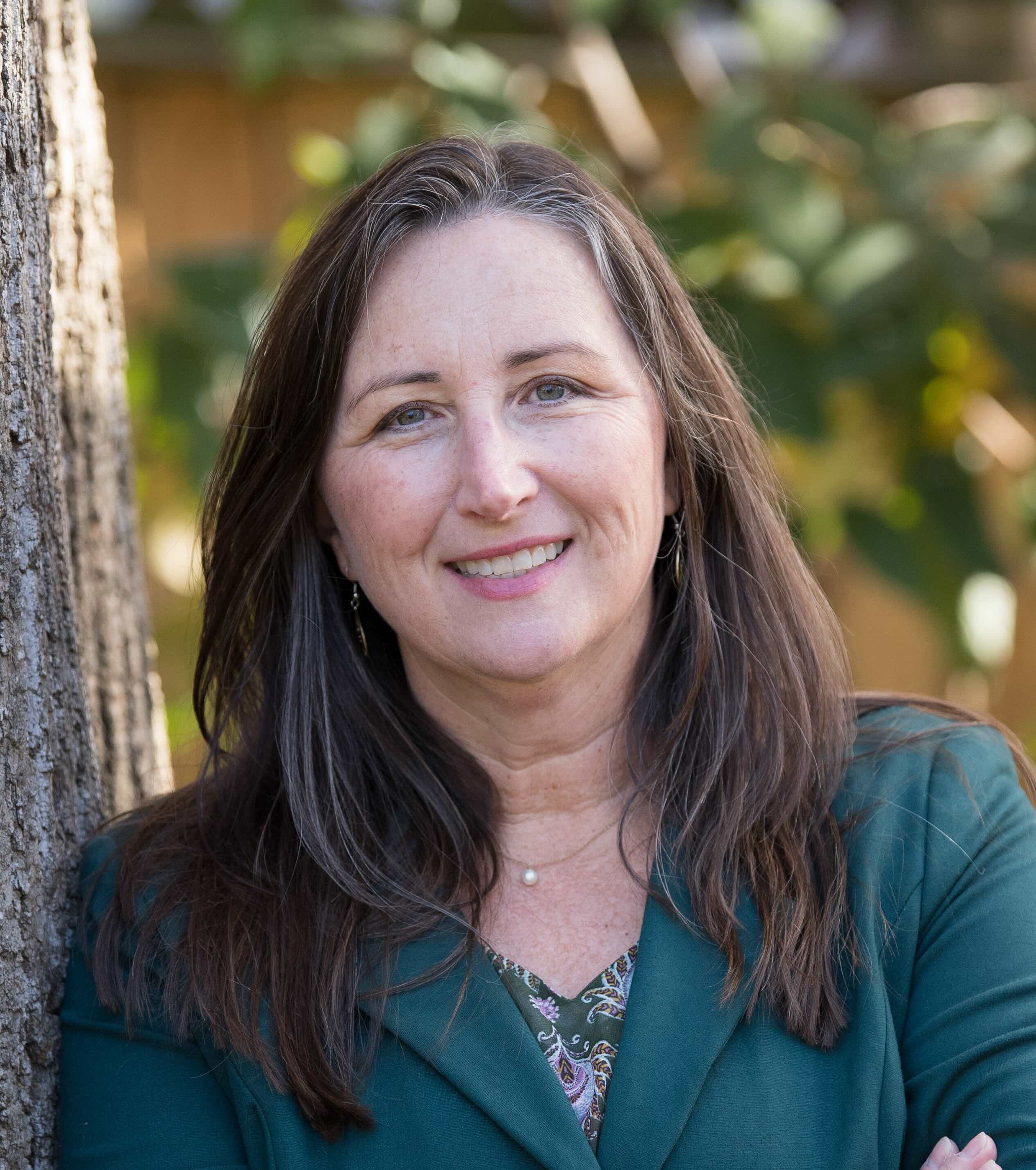
Sharon A. Savage, M.D., is the Director of the Clinical Genetics Branch and Clinical Director of the Division of Cancer Epidemiology and Genetics at the National Cancer Institute (NCI). Dr. Savage's internationally recognized research program combines clinical, genetic, and epidemiologic studies to advance understanding of cancer etiology and improve the lives of individuals with complex cancer-prone disorders. Her work in inherited bone marrow failure syndromes has discovered numerous new genetic etiologies, advanced understanding of telomere biology, and provided unprecedented detailed clinical phenotype studies. Dr. Savage created the NCI’s clinical and genetic study of Li-Fraumeni syndrome (LFS), a cancer-prone disorder often caused by germline mutations in TP53, resulting in robust quantification of cancer risk, genotype-phenotype correlations, characterization of the LFS-associated malignancies and a robust pediatric and adult cancer-screening regimen. Known for her emphasis on international scientific collaboration, Dr. Savage established and co-leads the LFS Exploration (LiFE) research consortium, Clinical Care Consortium of Telomere-Associated Ailments (CCCTAA) and works closely with basic scientists to connect disease mechanisms with clinical manifestations.

Dr. Robert Shoemaker obtained his Ph.D. in human genetics from the Graduate School of Public Health of the University of Pittsburgh. Following postdoctoral experience at the Armed Forces Institute of Pathology he moved to the Children's Hospital Medical Center of Akron where he consulted with the genetics clinic and pursued a variety of cancer research projects. He is certified by the American Board of Medical Genetics. His research on pediatric tumors led to an interest in the genetics of drug resistance and new drug discovery. After joining the Developmental Therapeutics Program of the National Cancer Institute, he held a variety of positions dealing with development of novel drug screening projects relevant to cancer and AIDS. Most of these were implemented at the Frederick National Laboratory for Cancer Research. Two of the drugs discovered in the anti-HIV drug screen developed at Frederick (lamivudine and Ziagen®) were among the first FDA approved anti-HIV drugs. Dr. Shoemaker was granted tenure in the NCI intramural research program and conducted research in the Laboratory of Drug Discovery and Development at Frederick. From 2000 - 2011 he led the Screening Technologies Branch of the Developmental Therapeutics Program, Division of Cancer Treatment and Diagnosis in their efforts in anti-cancer and anti-viral drug discovery. He moved to the Division of Cancer Prevention’s Chemopreventive Agent Development Group in 2013, becoming chief in January 2017. His work currently focuses on immune approaches for cancer prevention in high-risk cohorts.
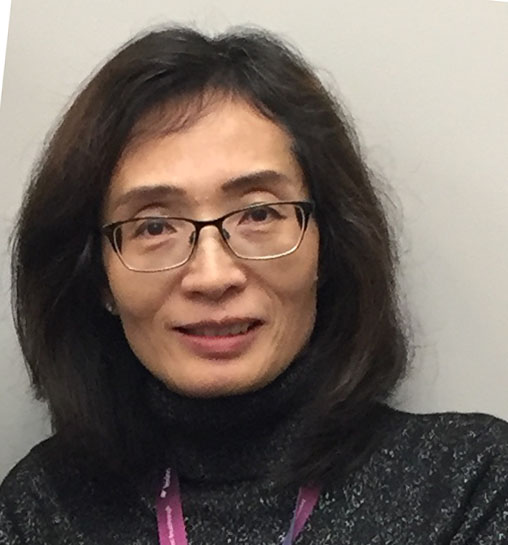
Yurong Song obtained her Ph.D. at Purdue University and did her postdoc training at UNC-Chapel Hill, where she studied prostate and ovarian cancer mouse modeling. In 2008, she joined NCI as a research fellow and mainly worked on glioblastoma and mammary tumor mouse modeling. Since 2015, she has been working at Frederick National Laboratory for Cancer Research, and focuses on generating and characterizing different model systems (including genetically engineered mouse models (GEMMs), syngraft orthotopic models, and 3D organoids) and uses them for preclinical evaluation of peptide- or mRNA-based vaccines and chemoprevention agents in these models. She is also interested in developing and validating neoantigen-based biomarkers for mismatch repair deficient cancers using Next-generation sequencing (NGS) technology with a recent publication in JNCI. In collaboration with other groups, her other research interests include assessing the effect of microbiome on tumor development in mouse models, screening natural product libraries to enhance the adjuvant activities, and repurposing splicing modulators for Lynch syndrome and Familial Platelet Disorder with Myeloid Malignancy. Yurong was a recipient of 2011 WSA Scholar Award from Women Scientist Advisors of NIH. She serves as an ad hoc reviewer for Genesis, Cancers, International J Mol Sci, Current Oncology, Journal of Gastrointestinal Oncology, etc. She published research papers in Cancer Research, Cell, Cancers, PNAS, JNCI, Frontiers in Oncology, etc.

Dr. Sroka is a nonprofit executive with expertise in leadership and strategic development of nonprofit-supported biomedical research for rare cancers and diseases. She holds a doctorate in cancer biology and certificates in nonprofit management and executive leadership and has had over 20 years of experience in oncology research in both the academic and nonprofit sectors. At the Fanconi Cancer Foundation, Dr. Sroka has led the development of multidisciplinary and patient-centered research programs aimed at finding a solution for the early detection, prevention, and treatment of FA cancers. Her areas of expertise include cancer and molecular biology, open-research and data sharing practices, innovative grant program development, science communication, and fostering effective partnerships among academia, industry, and patient advocate communities.

Dr. Uri Tabori is the head of the Neuro-Oncology program at the Hospital for Sick Children and is a Professor in the Departments of Medical Biophysics, Institute of Medical Science and Paediatrics, University of Toronto.
Based on his clinical background and expertise, his research focuses on translational aspects of cancer originating from patients need, through basic discoveries and clinical trials to changes in how society is managing specific cancers. Specifically, Dr Tabori focuses on the development of systems for early detection, intervention and therapeutics in individuals highly predisposed to developing brain tumors.
Dr Tabori leads the international Replication Repair Deficiency consortium which is supporting patients and families in diagnosis, management and therapies in >50 countries. The consortium is running international clinical trials for children with hypermutant cancers with immune checkpoint inhibitors and combinations. Dr Tabori is also developing animal models and companion biomarker designed for immunotherapy therapeutics.
Dr Tabori also co-leads the pediatric low grade glioma taskforce which uncovers novel alterations in this most common brain tumor in children and offers targeted therapies and trials. He is responsible for the development of companion biomarkers to these trials.
Dr. Tabori has been the recipient of numerous awards, including the Canadian Cancer Society’s Bernard and Francine Dorval Prize in 2016 and the Early Researcher Award from the Ontario Ministry of Development in Innovation in 2014. He also and holds the Garron Family Chair appointment in Childhood Cancer Research.

Samra Turajlic completed her undergraduate medical studies at Oxford University and clinical training at UCL. She completed specialist training in medical oncology in 2015 and was appointed a Consultant Medical Oncologist at the Royal Marsden sub-specialising in the treatment of melanoma and kidney cancer. She gained a PhD in 2013 from the Institute of Cancer Research in the field of melanoma genetics and targeted therapy resistance. In 2014, she was awarded a Cancer Research UK Clinician Scientist Fellowship to study cancer evolution at the CRUK London Research Institute. She became a Group Leader at the Francis Crick Institute in 2019 and divides her time between clinic and her lab. Samra is the Chief Investigator of translational studies into melanoma and kidney cancer, and her goal is to develop an evolutionary understanding of cancer through interdisciplinary research for patient benefit,including therapy and methods development. She is Faculty Lead for Basic and Translational Research of the ESMO,and Faculty member for Immunotherapy. She is the lead of the 100K Genomes Project Partnership for Melanoma. She is on the Scientific Advisory Board of the Institute Jules Bourdet (Brussels), Systems Biology Ireland Institute, and Genomics England (UK). She is a member of the WHO pathology working group, NCRI Bladder and Renal Cancer Clinical Studies Group, Uveal Melanoma Guidelines Group, ESMO Faculty member for genitourinary cancers. She is a Trustee of patient advocacy groups, Kidney Cancer Support Network and Melanoma Focus and a Senior Editor at Macmillan Cancer Support. She receives research funding from MRA, NICE, Department of Defence (all US), CRUK, Rosetrees Trust, Royal Marsden Cancer Charity, RMH/ICR Biomedical Research Centre (all UK), and industry support from Roche and BMS.
In 2022 she was awarded the ESMO Translational Research Award for the work impacting cancer science and translational medicine,including her work on cancer and COVID-19.
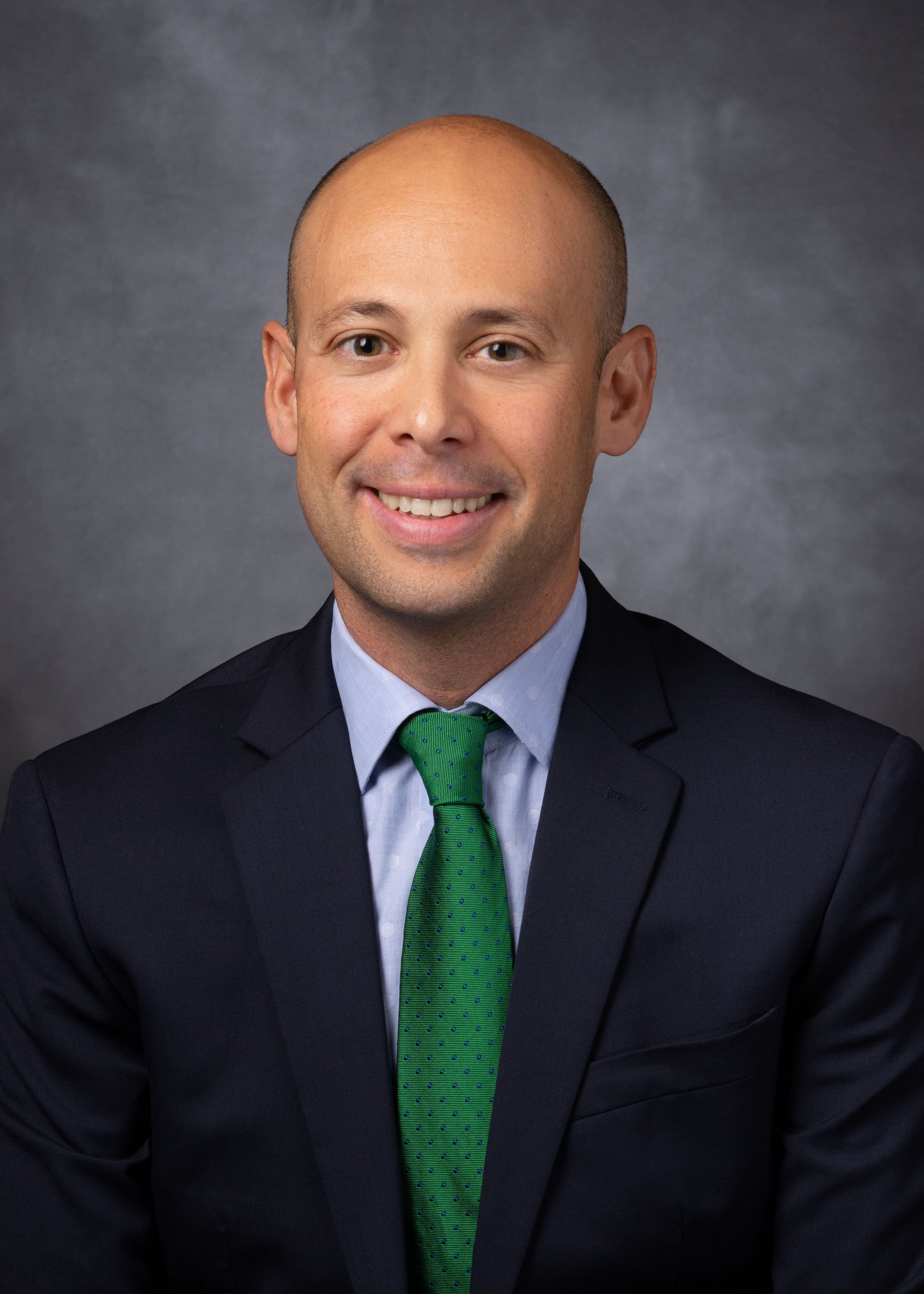
Dr. Vilar-Sanchez is a Professor and Chair ad interim of the Department of Cancer Prevention at MD Anderson Cancer Center. He is a physician-scientist and a medical oncologist by training with clinical expertise in hereditary colorectal cancer syndromes (mainly Lynch Syndrome and Familial Adenomatous Polyposis - FAP) and colorectal medical oncology. Dr. Vilar-Sanchez’s research efforts are focused in developing novel cancer interception strategies including vaccines and chemopreventive agents, and early detection methods for patients at high-risk for colorectal cancer development. In order to accomplish this overarching goal, the Vilar-Sanchez laboratory has characterized the genomic and transcriptomic landscape of pre-cancers using next-generation sequencing approaches, and has identified novel targets for interception using systems biology tools. In parallel, his research team has applied systematically this same workflow to genetically engineered mouse models that mimic the natural history of hereditary colorectal cancer syndromes to perform cross-species comparisons and validate these novel preventive agents and biomarkers in vivo. Moreover, the Vilar-Sanchez laboratory has teamed with other groups to develop ex vivo models that better recapitulate the biology of normal mucosa and premalignancy. In the field of clinical research, Dr. Vilar-Sanchez has designed, implemented and participated in several investigator-initiated clinical trials for early drug development in cancer prevention in hereditary colorectal cancer populations that have been funded by the Division of Cancer Prevention of the National Cancer Institute (naproxen, neoantigen vaccine Nous-209 and trivalent adenovirus, all in Lynch Syndrome, and Obeticholic Acid in FAP) as well as industry-sponsored trials (Phase IB of the IL-17 inhibitor Guselkumab in FAP).
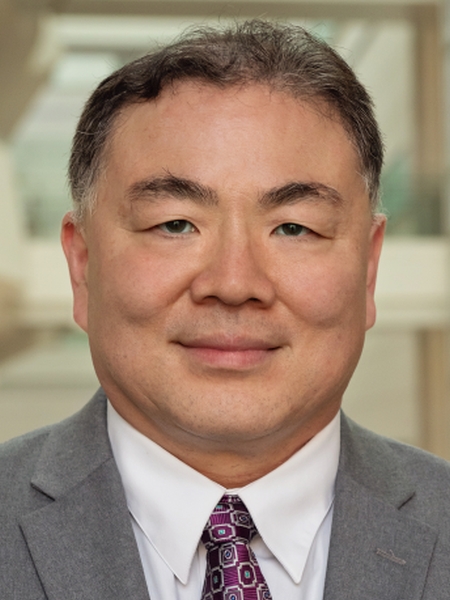
Wang is a physician scientist who has developed a number of novel methodologies for in vivo imaging in the digestive tract for early cancer detection and staging. He received a PhD in Medical Physics Medical Engineering from MIT and an MD from Harvard Medical School. He has pioneered the use of fluorescence-labeled peptides to detect overexpressed cell surface targets in vivo to identify pre-malignant mucosa. Furthermore, he has developed the first video endoscope that is sensitive to fluorescence for rapidly identifying pre-malignant lesions over large mucosal surface areas. This approach has been patented, commercialized, and developed for clinical use, and is widely cited as a major impetus for the accelerated convergence of fluorescence spectroscopy and endoscopy. As a physician, he is experienced with translation of targeted imaging agents for “first-in-human” clinical studies, and has used a simple, cost-effective approach that is suitable for large-scale synthesis and can address the demanding regulatory process for FDA approval. His team has submitted 5 Investigational New Drug (IND) applications approved by the FDA, and have completed 12 clinical studies registered online at ClinicalTrials.gov involving the use of peptide imaging agents in human subjects. His experience and contributions to molecular imaging are reflected by over 100 original peer-reviewed publications, 13 book chapters, 53 patents, 31 review articles, 28 conference proceedings, and 159 invited talks, including 34 intramural, 16 visiting professorships, 77 extramural, and 32 international. He has mentored 12 undergraduates, 3 medical students, 3 medical residents, 4 medical fellows, 16 graduate students, 39 post-docs, 7 research investigators, 1 clinical lecturer, 5 visiting scholars, and 2 technicians.
Chief, Pediatric Oncology Branch (POB), Center for Cancer Research (CCR), National Cancer Institute (NCI)
As chief of NCI’s POB Dr. Widemann oversees and active basic, translational and clinical research program for children and young adults with hematologic and solid malignancies.
Dr. Widemann joined the NCI in 1992 as a pediatric hematology oncology fellow after having obtained her MD and completed pediatric residency at the University of Cologne in Germany. Her research has been focused on drug development and early clinical trials for children with refractory solid tumors, rare tumors and genetic tumor predisposition syndromes, in particular neurofibromatosis type 1 (NF1). She received tenure at the NIH in 2009 and became the Chief of the POB in 2016. The work of her research team on NF1 resulted in the first U.S. Food and Drug Administration approved medical therapy, the MEK inhibitor selumetinib, for children with NF1 and inoperable, symptomatic plexiform neurofibroma. Dr. Widemann is also a co-leader of the Cancer Moonshot funded My Pediatric and Adult Rare Tumor (MyPART) network, which aims to advance the understanding of rare tumors and the development of more effective therapies.
Dr. Widemann is a member of the Association of American Physicians and recipient of the AACR-Joseph H. Burchenal Award for Outstanding Achievement in Clinical Cancer Research. She also serves as special advisor to the NCI Director for childhood cancer. She has authored more than 200 original scientific papers and has conducted many clinical trials.